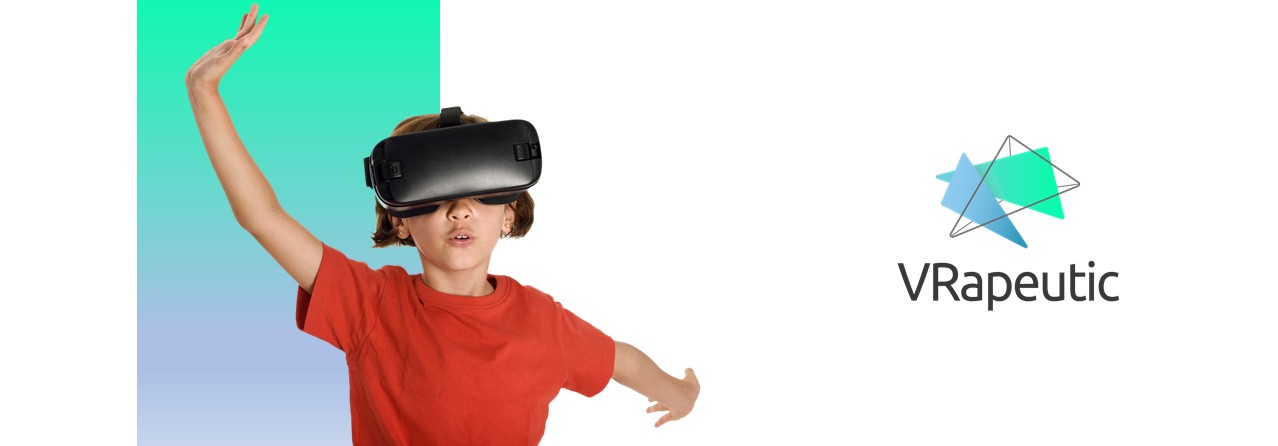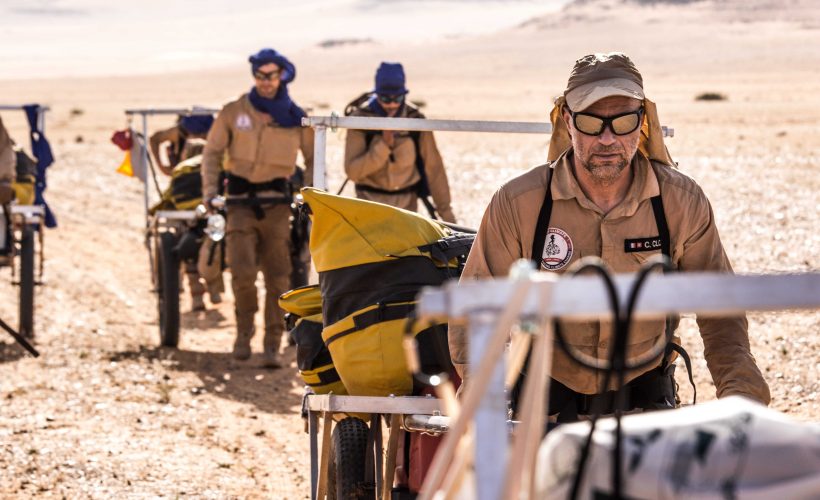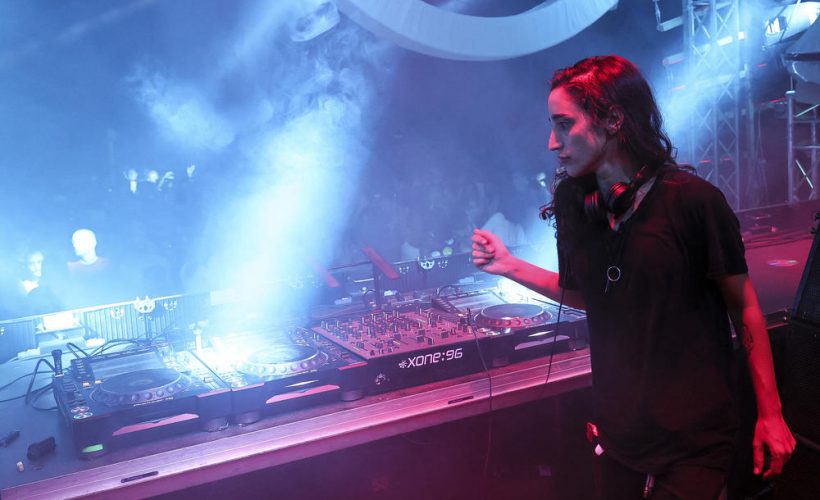Tech & Business
3.5.2021
Ahmad Al-Kabbany : “You need a lot of skills to create a VR experience”

By founding his start-up VRapeutic in 2016, the ex electrical and computer engineering student Ahmad Al-Kabbany decided to leave an impact on egyptian society, using immersive technologies to help children with learning and development disabilities.
VRapeutic is a research-based virtual reality startup specializing in the development of VR-based therapeutic solutions, with a focus on developmental and learning disabilities, including autism and ADHD. With innovative VR experiences that incorporate artificial intelligence and internet-of-things technologies, the start-up enhances the quality of therapy sessions and empowers therapists to deliver personalized content and to better track the impact of the therapy plan i. The start-up also leads a research movement, from within the MENA region, that aims at contributing to this evolving field through publishing research articles in distinguished international conferences.
How did you go from electrical and computer engineer studies to becoming an entrepreneur?
Right after defending my PHD in electrical and computer engineering Ottawa, I was trying to look for a field where to apply my expertise while leaving an impact. I was expecting to go back to Egypt and started realizing that many children in my network were getting diagnosed with different kind of learning difficulties. Something should be done so I decided to address the issue with immersive technologies and virtual reality.

How did you find that immersive technologies and virtual experiences can impact developmental and learning disabilities? And how does it work?
When I was doing my PHD, my research focus was to enhance the visual experience of the user in certain types of virtual reality. This research background gave me the opportunity to read a lot of literature in that field and to see how virtual experience could help and enhance learning or development abilities. In general, applying virtual reality in therapy relies on the concept of immersiveness in which the trained get into an artificial graphic based environment where he experiences a scenario designed around a therapeutic purpose. He doesn’t see the real world anymore and is totally immersed. If someone is getting trained to enhance his attention for example, we can control the whole situation and the conditions of his environment by introducing audiovisual distractors but in a safe setting.
What was the main challenge when you launched your startup?
I can mention the infrastructure issues in the very beginning. Immersive technologies in general are really demanding while creating them in terms of human resources. You need a lot of skills to create VR experiences. From the researcher to elaborate the scenario, to a graphic to design the virtual reality experience artist and developer to code everything. Also, it requires a good internet connexion and in some therapy center outside Cairo and Alexandria, it was not always easy. Also, it took us some time and efforts to raise the awareness around our technology and its potential from the parents, educators, a challenge we tackled by participating in many events and sometimes holding therapy sessions
What is your business model?
VRapeutic is a B2B, offering its services through public hospitals, rehabilitation centers, and private clinics. At the beginning we thought to do BTC but to create a base of credibility, we decided to turn towards the therapist themselves to make them aware of the potential of the technology so they can convince the parents regarding our product. We took some time raising awareness towards them because a lot of people didn’t know the technology in the first place or were confused between virtual reality or augmented reality.
You also decided to adopt an open source approach with your product? Why this choice?
Not all our products are subject to open source, just specific modules. When we have started to collaborate with UNICEF, having an open source approach was part of their requirements. They really taught us that being open source doesn’t mean being free but just making the code accessible to everyone so we can create a community about our product by helping people to know how we made it and also allowing them to improve it. And today, I do believe this is a good part of what makes our product better.
What are you projects for the future of your start-up?
We are focusing 100% on a new platform to facilitate the communication between parents and therapists. Through that application, users can look for therapists, request at home services and therapists can track the progress of the children, design assignments or grow their network with parents or other therapists. We are also currently working on expanding to Canada.
popular

